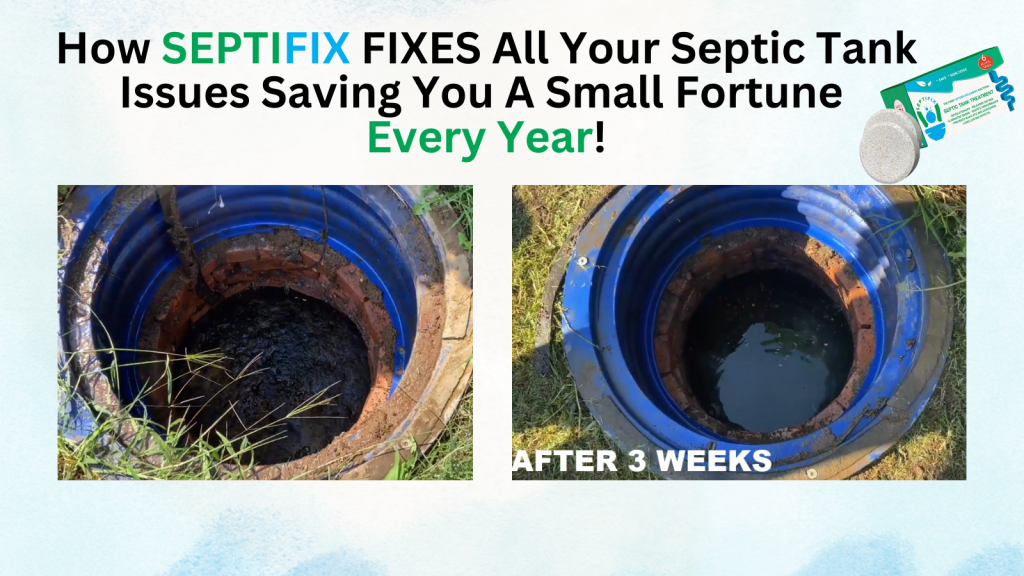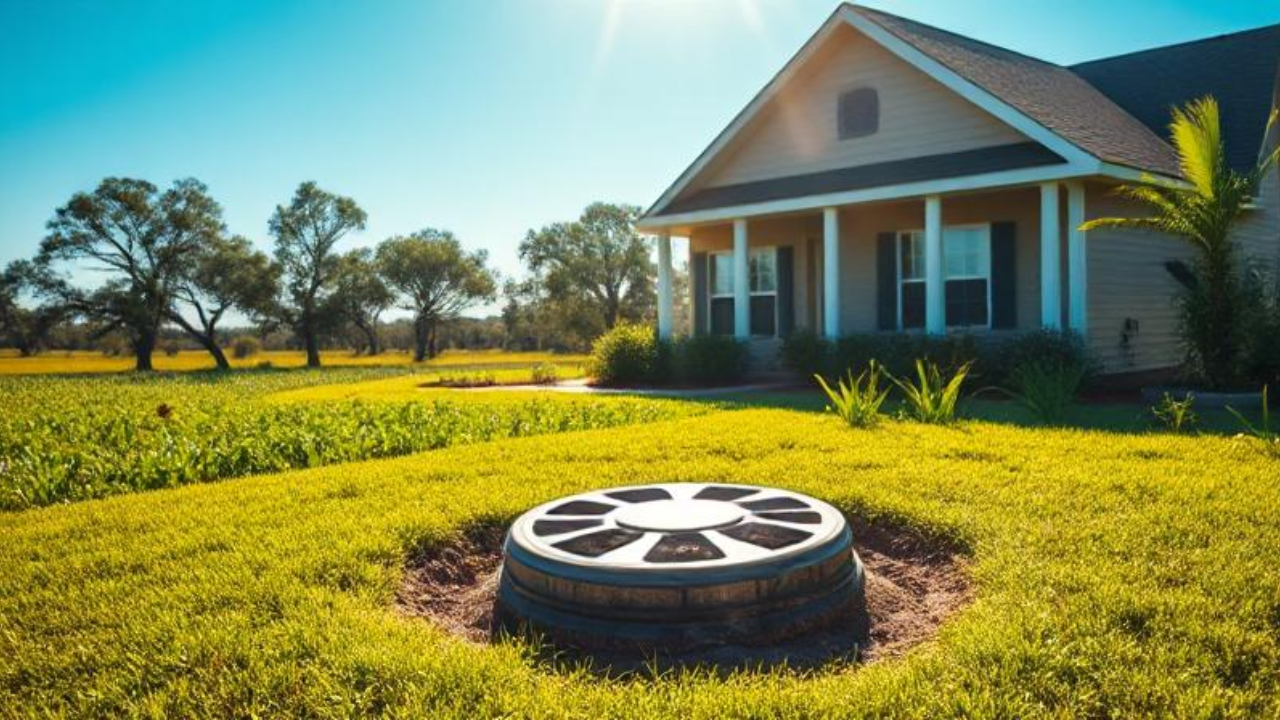Septic system regulations in Louisiana have changed, impacting homeowners, contractors, and real estate professionals. Understanding these new Louisiana septic tank laws ensures compliance, avoids penalties, and protects public health. Here’s everything you need to know.
Table of Content
- Why Louisiana Updated Its Septic Tank Laws
- Key Changes in Louisiana’s Septic Tank Regulations
- Who Enforces These Laws?
- How the New Laws Affect Homeowners & Businesses
- Permitting Process & Costs
- Approved Septic System Types in Louisiana
- Common Compliance Issues & Penalties
- Good Resources for Homeowners
- Septifix
- Septic Permit Links by State
- Septic Permit Forms By State
Why Louisiana Updated Its Septic Tank Laws
Louisiana revised its septic system regulations to address environmental concerns and accommodate population growth. These changes align with state and federal wastewater management laws to reduce contamination risks and improve water quality.
Failing septic systems can release harmful bacteria and pollutants into groundwater and nearby waterways. By enforcing stricter regulations, the state aims to protect both residents and the environment.
Tools Needed for Septic Maintenance | DIY
Key Changes in Louisiana’s Septic Tank Regulations
Several major updates have been introduced under Louisiana’s new septic tank laws:
1. Stricter Permit Requirements
Homeowners and contractors must now obtain permits before installing, repairing, or replacing a septic system. This ensures all systems meet updated environmental and safety standards.
2. Enhanced Site & Soil Evaluations
The new laws require a thorough site and soil evaluation before approval. Factors like soil permeability, water table levels, and lot size now play a more significant role in determining the appropriate septic system type.
3. Updated System Standards
Louisiana now mandates stricter design and maintenance standards for conventional and alternative septic systems, including aerobic treatment units (ATUs). Some regions require advanced treatment systems to prevent contamination.
Septic Tank Pumping Costs: A Complete Guide to Pricing and Savings
Who Enforces These Laws?
The Louisiana Department of Health (LDH) oversees septic system regulations and enforcement. However, compliance varies by parish, with local health departments handling permit approvals and inspections.
Contractors must be licensed and follow LDH guidelines to install or repair septic systems. Homeowners should check with their parish health department for specific requirements in their area.
How the New Laws Affect Homeowners & Businesses
Existing Septic System Owners
If you already own a septic system, you may need an inspection to confirm compliance with updated regulations. Failing systems must be repaired or upgraded to meet the new standards.
New Construction & Real Estate Transactions
Buying or selling property? Inspections are now more stringent, requiring proof that the septic system meets the latest standards. Non-compliant systems must be upgraded before the sale is finalized.
Permitting Process & Costs
Steps to Obtain a Septic Permit
- Submit an application – Homeowners or contractors apply through the LDH or local health department.
- Conduct a site evaluation – A certified professional assesses soil conditions and water table levels.
- System design approval – The system type must be approved based on the site evaluation.
- Installation and inspection – A licensed installer sets up the system, followed by an inspection.
Estimated Costs
- Permit Fees: $200–$500
- Soil Test & Site Evaluation: $300–$800
- Installation Costs: $3,000–$10,000+ (varies by system type)
- Maintenance & Inspections: $150–$500 annually
Approved Septic System Types in Louisiana
Louisiana recognizes several septic system types, depending on soil conditions and property size:
- Conventional Septic Systems – Standard tanks with drain fields, suitable for many properties.
- Aerobic Treatment Units (ATUs) – Advanced systems that treat wastewater more effectively, often required in flood-prone areas.
- Mound Systems – Used in high water table areas where traditional drain fields aren’t feasible.
- Cesspools & Alternative Systems – Some parishes allow older systems but may require upgrades under new regulations.
Common Compliance Issues & Penalties
Failing to comply with Louisiana’s updated septic tank laws can result in fines and legal action. Common violations include:
- Operating a system without a permit
- Failing to perform regular maintenance or required upgrades
- Installing a system that does not meet site conditions
Penalties can range from warning notices to fines of $500–$5,000, depending on the severity of the violation.
Good Resources for Homeowners
If you need more information on septic regulations in Louisiana, these resources can help:
- Louisiana Department of Health (LDH) – ldh.la.gov (official septic system regulations and permit applications)
- Parish Health Departments – Check with your local health office for specific rules and enforcement details.
- Licensed Septic Contractors – Hire only certified professionals to install or repair systems.
Conclusion
Louisiana’s new septic tank laws are designed to improve wastewater management and protect public health. Whether you’re a homeowner, contractor, or real estate buyer, staying informed about these regulations helps ensure compliance and avoid costly fines. Need assistance? Contact your local health department or a licensed septic professional for guidance.
Directory | Washington Septic Service Providers | Part 2
Directory | Washington Septic Service Providers | Part 1
DIY Repairs Are Always Cheaper
Septic Regulations in Rural Areas: Essential Guide for Rural Property Owners
The Role of Perforated Pipes in Drain Fields
What Happens During a Pumping Service?
Septic Tanks vs. Sewer Systems | Choosing the Right Option
Directory | Virginia Septic Service Providers | Part 2
Septifix

Septic Permit Links by State









